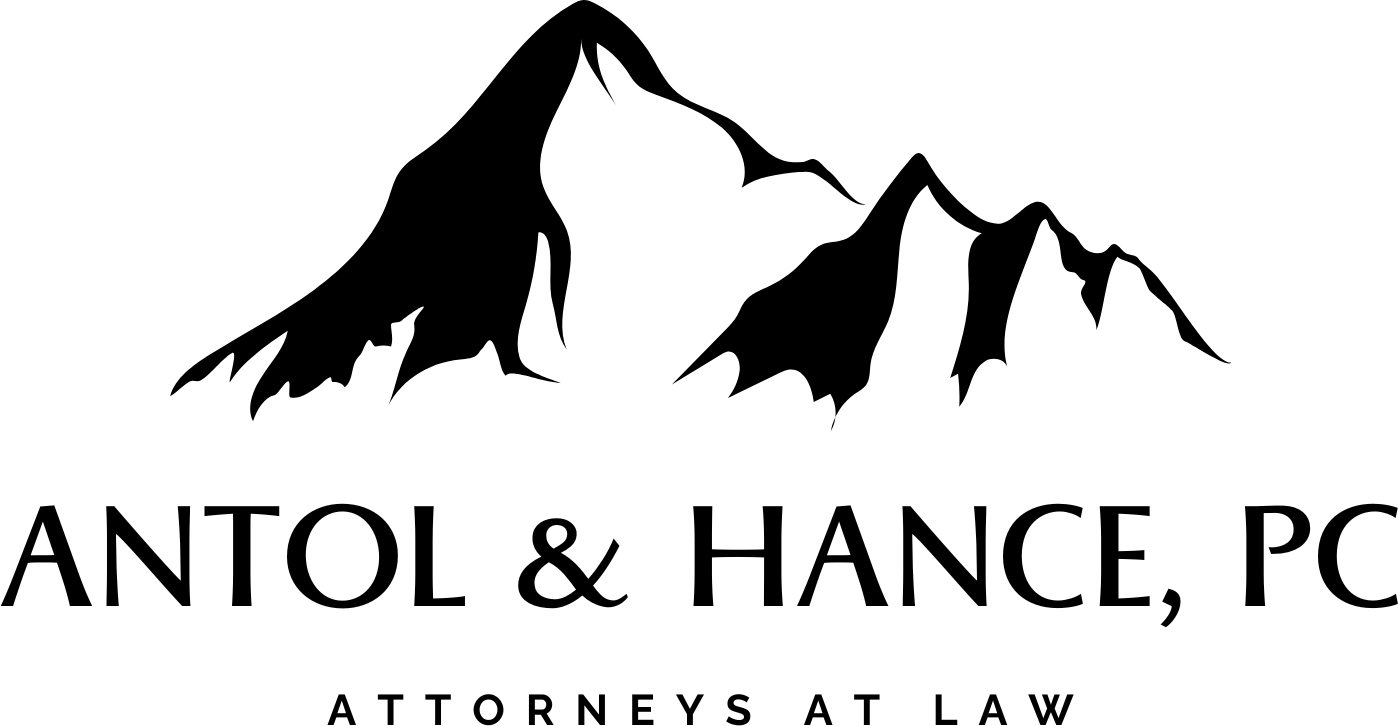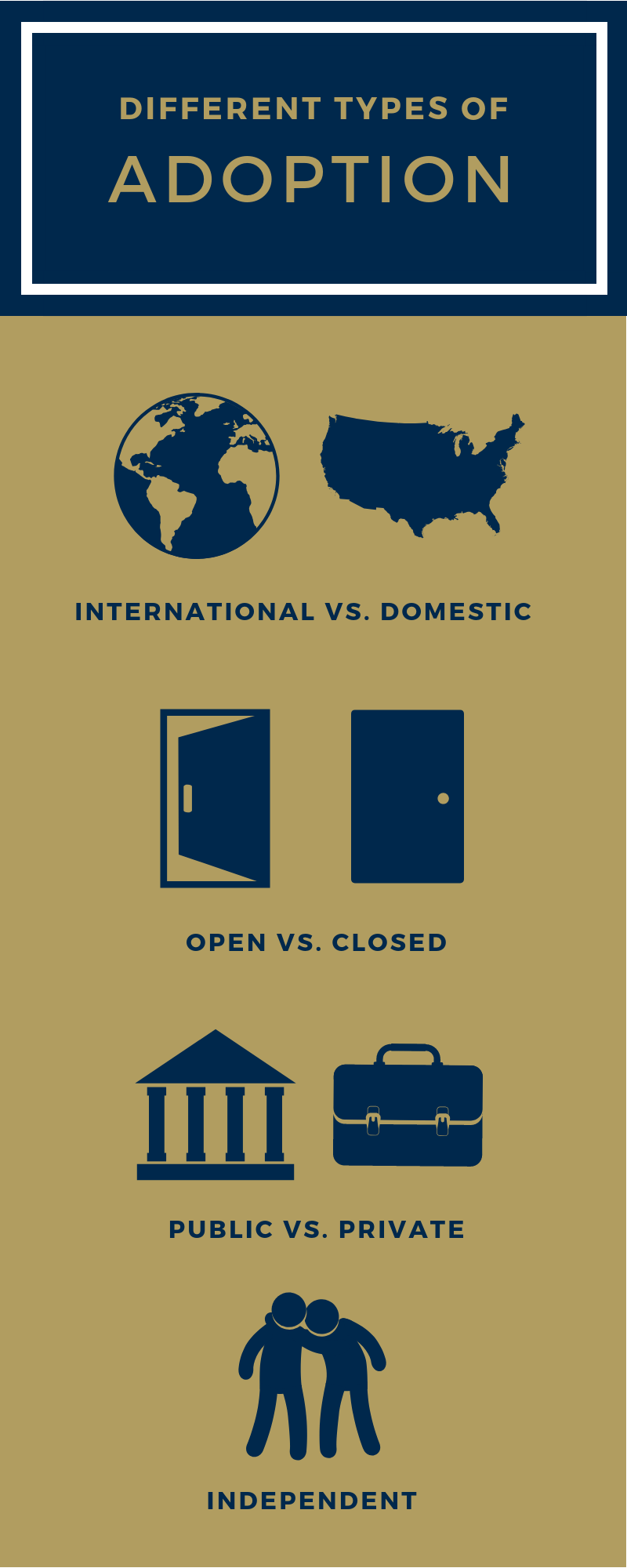
Adoption. It can be a beautiful way to bring a new child into your family. Giving them the safe, loving, supportive home they may not have had otherwise. As well as, giving others a chance to become those loving parents. You may know someone who has been adopted in Flagstaff or may even thought about adopting a child yourself. But how much do you really know about what the legal process of adoption actually entails? In celebration of National Adoption Month, we’d love to tell you more about it.
The journey of adopting a child can be a long, complicated one. The adoption process depends on where you live and where the child you’re adopting lives. If the biological parents are living or have other living relatives, or whether they belong to the foster care system. In speaking with the attorneys in our office that specialize in family adoption, we’ve compiled some ideas on how to get started.
Start by considering what type of adoption is best for you and your family.
There are many different kinds of adoptions, and the process for each is unique. Parents seeking to adopt must decide to adopt a child from their own country or internationally. You will also have to decide to adopt an infant from birth or someone already in the foster care system. You will also have to choose an adoption agency or what is called an “independent adoption.”
One facet of adoption many are often curious about is the distinction between “open” and “closed” adoptions.
As the name suggests, “open” adoptions offer up the possibility of contact between the birth parents and adopted child. Although how much contact, and how and when that communication takes place may differ on a case-by-case basis. In a semi-open adoption, a lawyer, caseworker, or other individual may act as a mediator and messenger between the parties involved.
However, an “open” adoption will allow for communication between the child and their birth parents via letters, phone calls, emails, or brief in-person visits. At the end of the day, though, it is still the adoptive parents who will have “the permanent legal rights and responsibilities for parenting and raising the child.”
In the case of a “closed” or “confidential” adoption, no contact between the birth parents, child, or adoptive parents will take place. Additionally, no identifying information about the birth parents will be provided to the child or their adoptive parents.
There are also different kinds of agencies that provide adoption services. Including the foster care system, child welfare, and social services, as well as licensed private agencies. All of which function as intermediaries between the birth parents and adoptive parents. In independent adoptions, a third party, like an attorney or an adoption facilitator, assists in the transfer of parental rights.
And beyond all of this, of course, there are also adoptions which take place among family members who are already related, either by marriage or by blood, such as step-child or grandchild adoptions. This process is typically much easier and less expensive than adopting a child from two completely unrelated birth parents — or adopting through the foster care system, but it can certainly have its own complications.
The first step here is to acquire the required consent from each biological parent.
In doing so, the biological parent (not married to the step-parent) relinquishes all parental rights and responsibilities. Each state has different regulations on the adoption process if the biological parent objects to the adoption. If the birth parent is absent or the adoption is contested, hiring an attorney may be the best path forward.
It can be that easy or that hard. Especially in the case of international adoption, there are many tricky situations that can make the path to adoption difficult. Not to mention that it can often be a long and expensive ordeal. If you would like to adopt a child from abroad, for example, you will have to take into account that “intercountry adoptions are governed by three different sets of laws: U.S. federal law, the laws of the prospective adoptive child’s country of origin, and the laws of your U.S. state of residence.” If you are a part of the LGBTQIA+ community, for example, this may be even more challenging because you may not be able to adopt children from certain countries which prohibit it.
When these kinds of obstacles arise, it can be helpful to have an adoption lawyer on your side. Adoptionnetwork.com says: “The primary reason is that birth parents deserve someone who is concerned with their best interest and to ensure their voices are heard and wishes are met.” Regardless of which side of the process you’re on, we think it’s worthwhile to hire someone who knows the law. A lawyer will tell you about your rights and help make the best decisions for your family.
We love how adoption can create new families and bring ones that already exist closer together. Your adoption journey is filled with highs, lows, lots of emotions, and (hopefully) happy endings. But it can also be challenging and complex.
Our team of dedicated trial attorneys at Antol & Hance, PC, has more than 60 years of combined legal experience and a strong track record of providing successful legal counsel. We have been practicing criminal, family and divorce, drug and DUI, and accident law in Flagstaff, Arizona, and surrounding northern Arizona cities, including Camp Verde, Sedona, Williams, Holbrook, Winslow, Cottonwood, Mayer, Seligman, Kingman, Page, St. Johns and more for over 30 years.
Antol & Hance, PC, and their staff of lawyers would love to sit down and discuss your legal needs. Please call us at 928-241-6339 or stop in today at Antol & Hance, PC to set up an appointment.
Visit us at flagazlaw.com.




